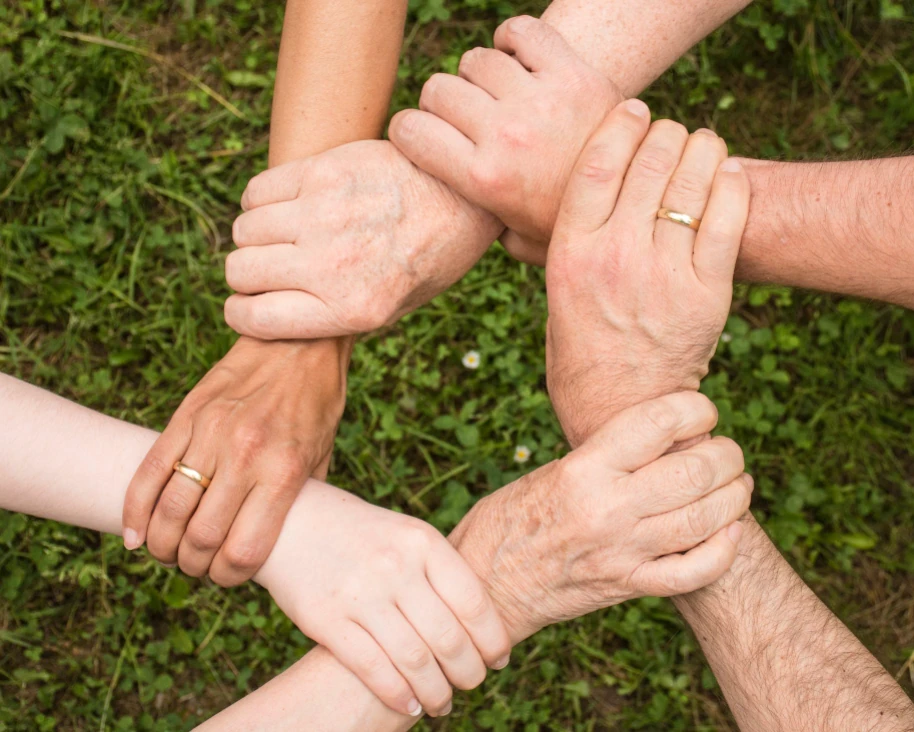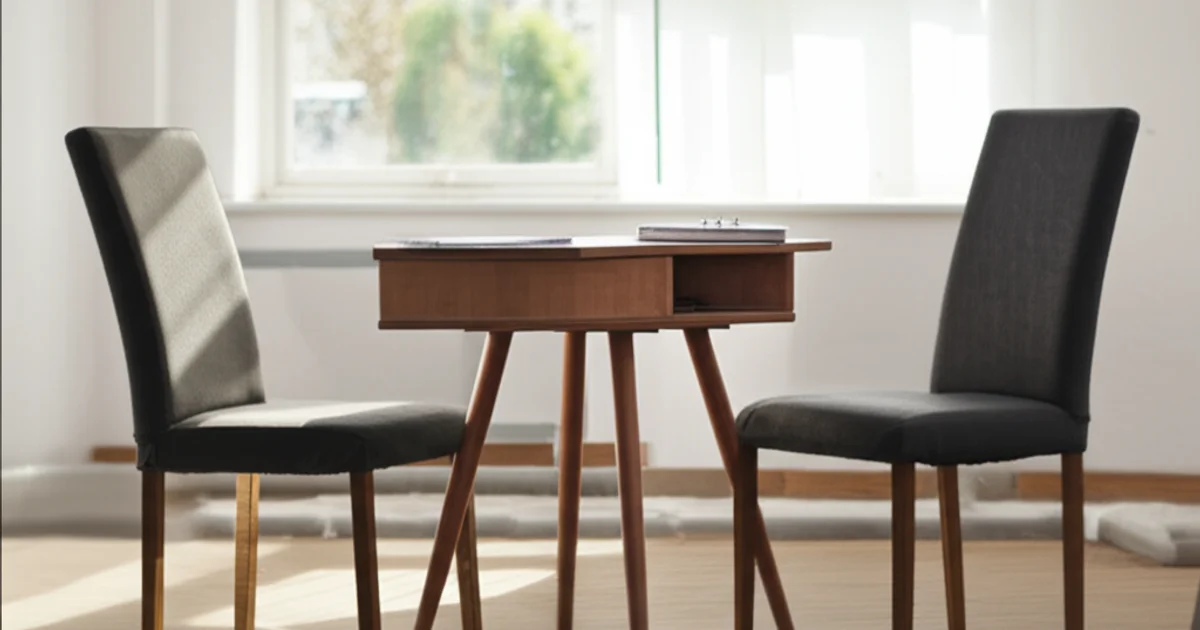U.S. Sober Living Regulations: Part 2 - State Requirements
National regs for US sober living homes (Part 2): Explore federal laws & compliance details (Aug 2021). From the Sober Living App blog.


The sober living home community is facing more and more regulation every year. This series is designed for sober living home owners and operators who want to understand what restrictions and regulations are in place in the United States, as well as what changes are likely to come in the future.
In Part 1, we covered licensing requirements in Utah, New Jersey and Arizona, voluntary certification programs in Florida, Maryland, Massachusetts, Missouri, Rhode Island, Pennsylvania and Illinois, as well as referral partnership restrictions in Florida.
Today, we’ll cover state funding restrictions and local nuisance lawsuits at the city and county level that might affect your sober living home business, depending on your location. Remember, a lot of these restrictions begin in one state and spread to other states. It also seems likely that we’ll eventually see regulation at the federal level, although we’ve seen little in the way of concrete movement in that direction so far.
State Funding Restrictions on Unlicensed Sober Living Homes Seen in Several States

States like Maryland, Massachusetts, Missouri, Rhode Island and Pennsylvania have voluntary certification programs for their sober living homes - but they come with a catch.
In these states, sober living homes must participate in voluntary certification programs in order to receive referrals from state agencies. They also must participate in voluntary certification programs if they wish to qualify for state funding.
As we discussed in Part 1 of this series, Florida also has a voluntary certification program that comes with a catch, but Florida’s caveat is unique to the state. In Florida, only certified sober living homes may receive referrals from addiction treatment centers of any kind.
Illinois is the only state with a voluntary certification program that doesn’t have a “gotcha” regarding state funding or referrals attached to the program. Illinois makes a distinction between what they call licensed “recovery homes” and unlicensed “sober living homes.”
Local Nuisance Lawsuits for Sober Living Homes Increase at the City and County Level

The sober living home has a long-documented problem with NIMBYism that we’ve spoken about on this blog several times. This problem is likely to increase, not decrease, as we continue to see courts erode the ADA and FHA protections afforded to people who are diagnosed with Substance Use Disorder (SUD).
Consider the case of Crown Point, Indiana, where the city is seeking a permanent injunction, as well as judgment, against sober living home operators CapGrow and Pinnacle Treatment Centers. The city alleges that these operators are in violation of the zoning code for operating a sober living home in a single family residential area. The lawsuit also alleges that the sober living home’s code violations “constitutes a nuisance under Indiana Code.”
“Defendants’ violations of the zoning code also are offensive to the senses and interfere with the comfortable enjoyment of life or property, and therefore constitute a nuisance under Indiana Code Section 32-30-6-6.”
In this case, if CapGrow and Pinnacle Treatment Centers are found “guilty,” the city is not only seeking a rectification of the zoning code violation, but also damages and legal fees from the defendants. In other words: nuisance lawsuits, when successful, are very expensive for sober living home operators.
Run a Sober Living Home? We’re Here to Help

Sober Living App makes it easier - and more profitable - to operate sober living homes.
Our all-in-one app handles rent collection, admissions, property management, residents’ care coordination, community contacts, transportation details, calendars, staff, alumni and more - all from the convenience of your phone.
Claim your free trial today and see why more sober living homes prefer the Sober Living App.
This article was originally published in August 2021. For the most current state-by-state licensing information, see our 2026 State Licensing Requirements Guide.
Manage your homes more efficiently
From admissions to discharge, Sober Living App streamlines every aspect of running recovery residences.
Related Articles

Halfway House Software: Complete Management Guide [2026]
Halfway house software for reentry programs and recovery housing. Manage residents, billing, compliance, and reporting. Compare features and solutions.

Does HIPAA Apply to Sober Living Homes? Compliance Guide [2026]
HIPAA may or may not apply to your sober living home. Learn when HIPAA requirements kick in, best practices for resident privacy, and compliance tips for operators.

How to Find & Hire a Sober Living House Manager [2026 Guide]
Where to find qualified house managers for your sober living home. Recruiting strategies, screening process, and retention tips for recovery housing operators.